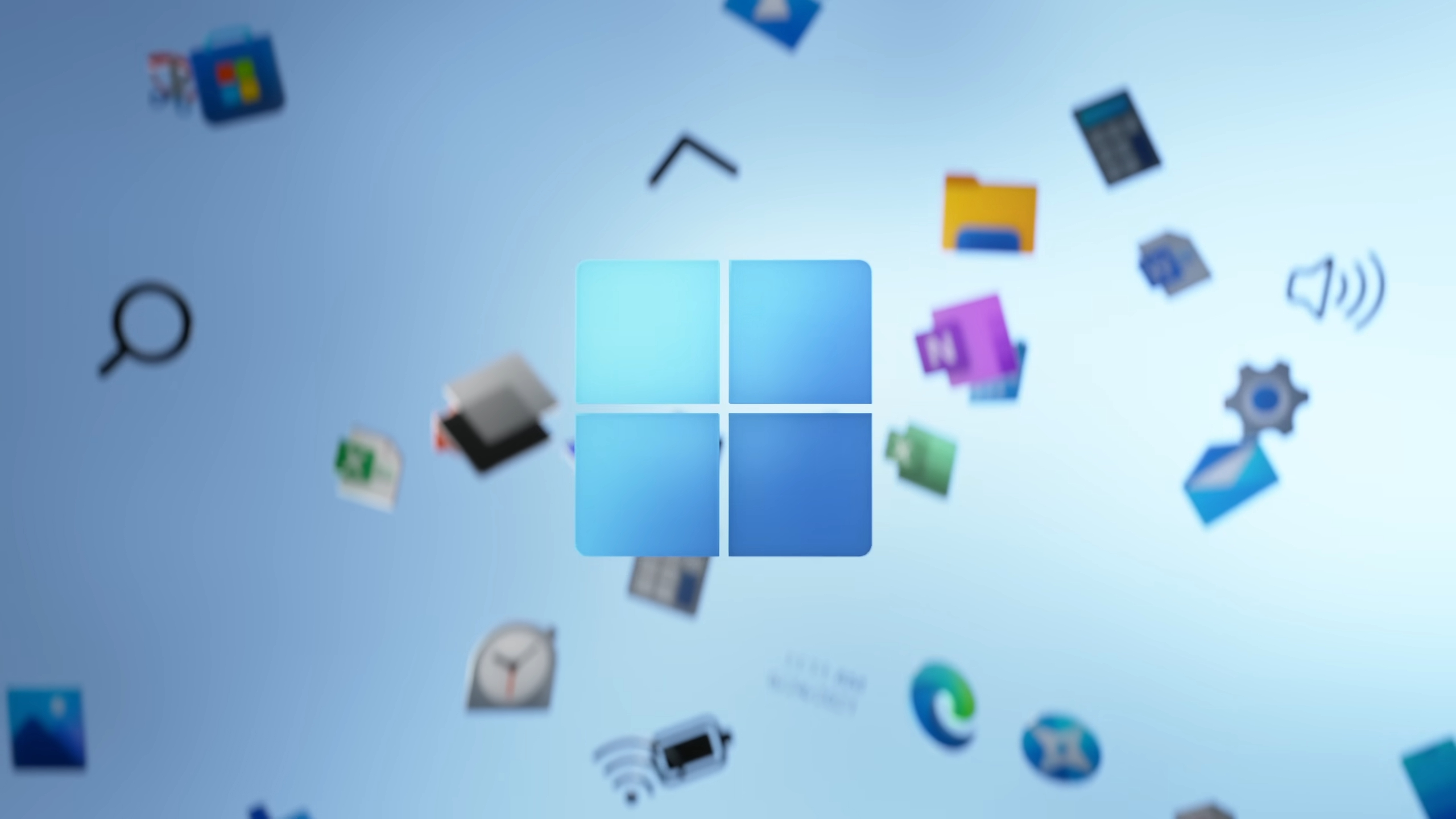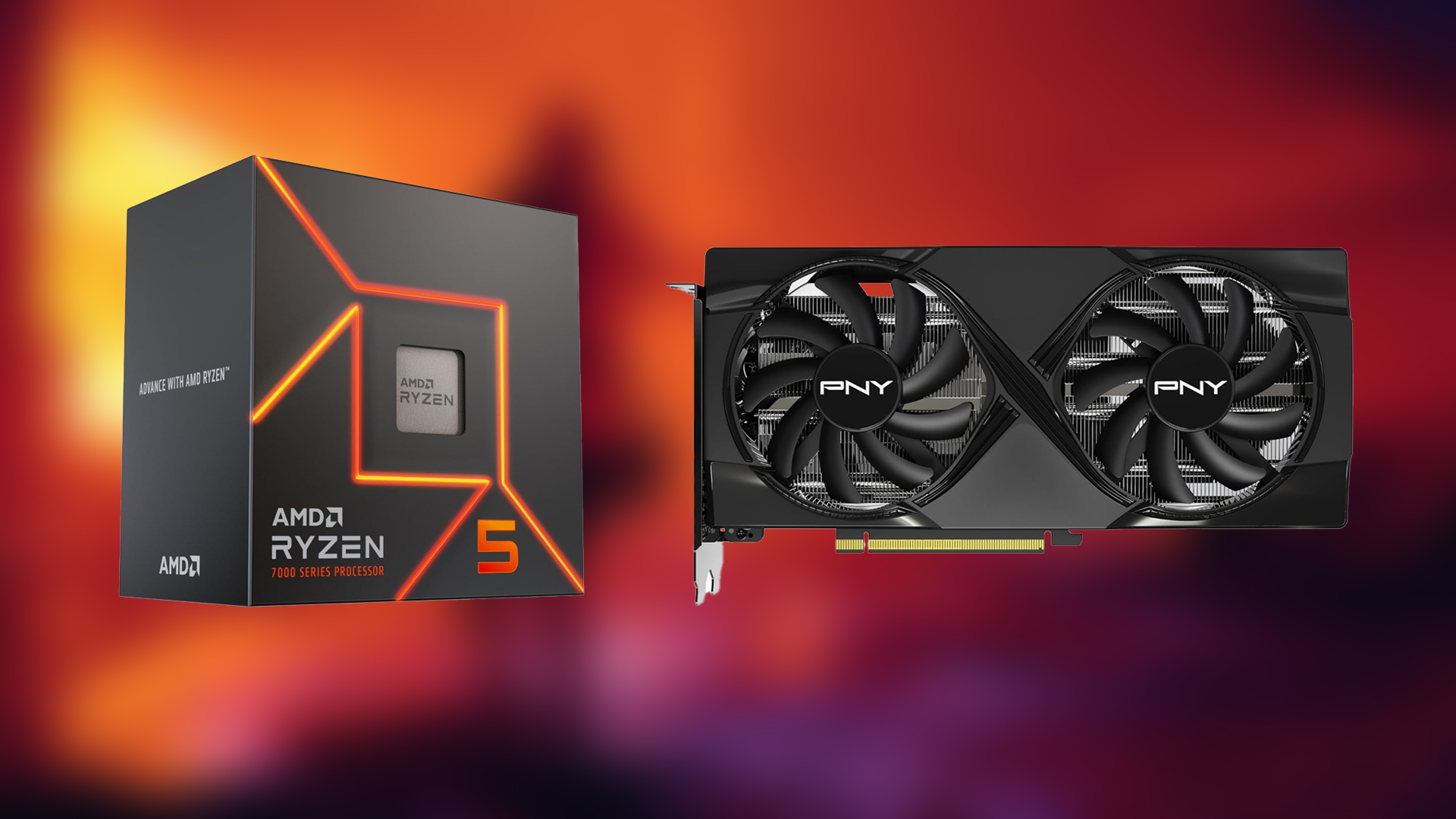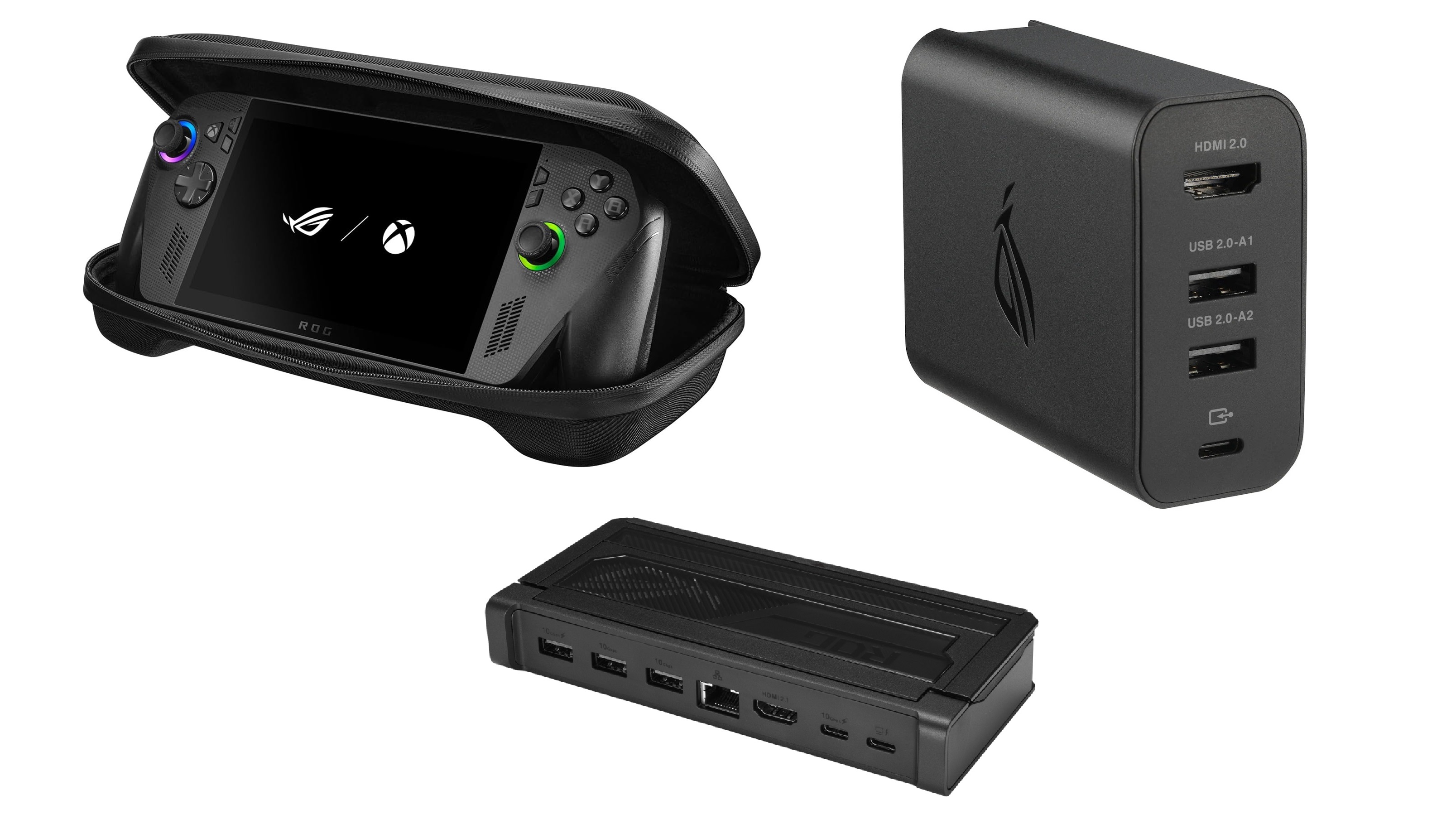Nintendo Switch 2 vs PS5: Portability meets power, see how Nintendo’s hybrid stacks up against the mighty PS5.
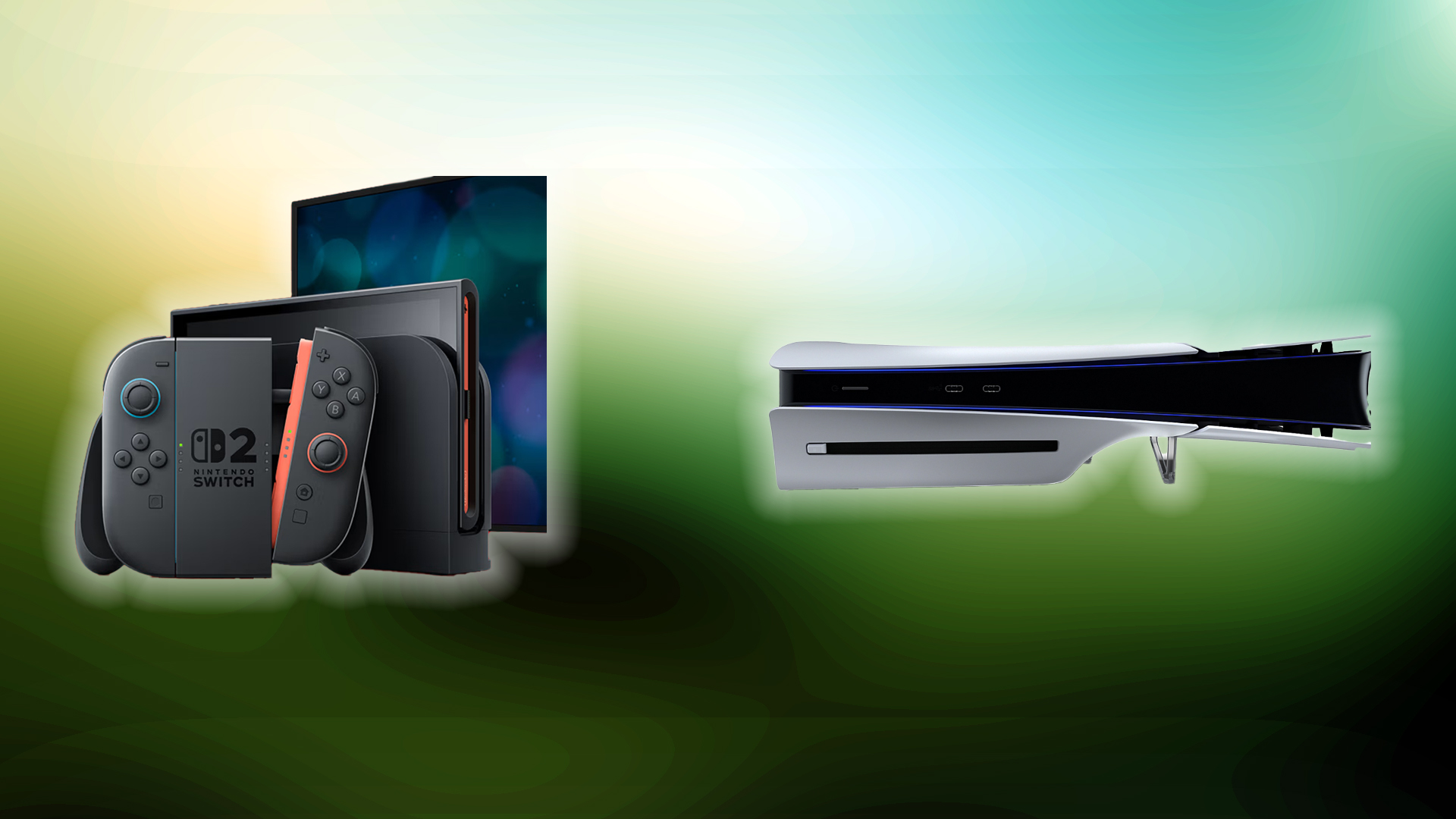
With the launch of the Nintendo Switch 2, console gamers, especially those who are fans of Nintendo and Sony, are greeted with a diverse yet versatile gaming option. No doubt the PS5 represents raw horsepower in terms of games, but the Switch 2 can also do (RT) rendering, like the PS5, and supports a better upscaling model. PSSR isn’t there on the PS5, which gives the Switch 2 a clear edge in terms of technology. So, how do these two incredible gaming consoles stack up? Let’s find out.
Nintendo Switch 2 vs PS5: Which One Is Better?
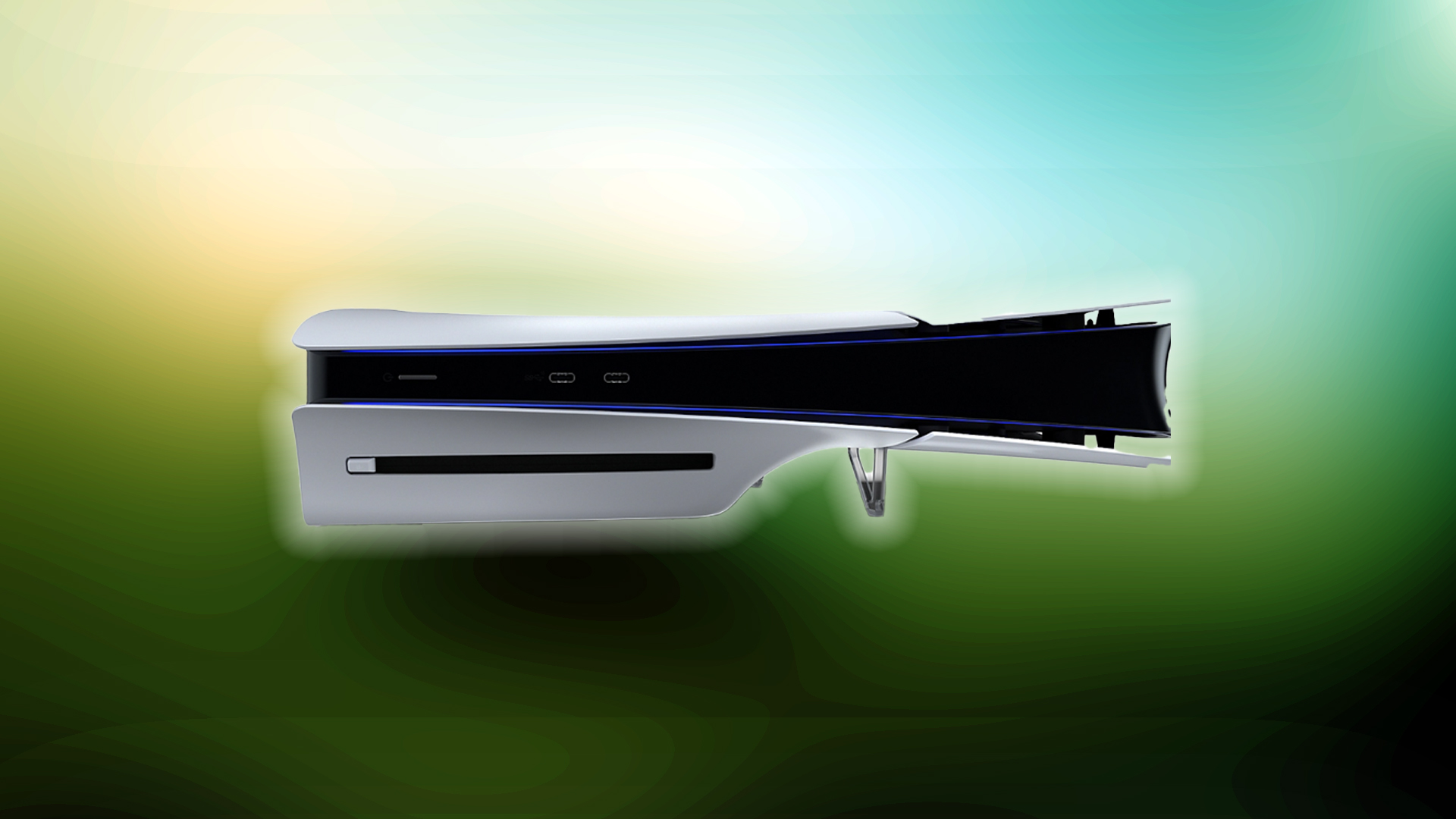
Pricing Overview
- Nintendo Switch 2: $449.99 (base model) | $499.99 (Mario Kart World bundle)
- PlayStation 5: $379–$499 (Digital Edition to Disc Version with Astro Bot bundle)
Note – Pricing is subject to change without notice.
Design Comparison
The Nintendo Switch 2 retains its hybrid DNA, but refines it further with an improved 7.9-inch 1080p LCD screen (with 120Hz VRR support). This time, the display has reduced the bezels significantly. The Magnetic Joy-Con 2 controllers attach via rails with an ejection mechanism and feature Hall-effect joysticks to eliminate drift. At just 534g with the Joy-Cons, the Switch 2 balances portability while maintaining a very ergonomic design.
The PS5 also features a slim variant, which adopts a compact design, approximately 31.6% smaller than the original model. On the flip side, due to the sheer difference in size, the PS5 gains a lot in its cooling and also features a 4K UHD Blu-ray drive, in the disc version. This also means that the Digital Edition is even sleeker.
Features
This is where the competition gets very interesting. The Sony PS5 features its infamous DualSense controller, which boasts beloved voice-coil actuators for detailed haptic feedback. Like simulating sand textures, and you can even sense car burnouts, etc. The audio on the PS5 is also dramatically different, as the Tempest 3D Audio Engine delivers incredible spatial width with hardware-accelerated ray-traced audio production. Games like Returnal use this feature actively.
The Switch 2, on the other hand, introduces “mouse-mode” for Joy-Cons, which enables precise cursor control in supported games. Speaking of Raytracing and technology. Nvidia’s Ampere GPU is present here, which means DLSS 3.5 (Ray Reconstruction) and future support for DLSS 4 Upscaling (depending on developer integration) are also available. The Switch 2 can also operate in docked mode, allowing it to run at full performance. While in docked mode, you can also utilize its USB 4 connectivity for external storage.
Hardware Comparison
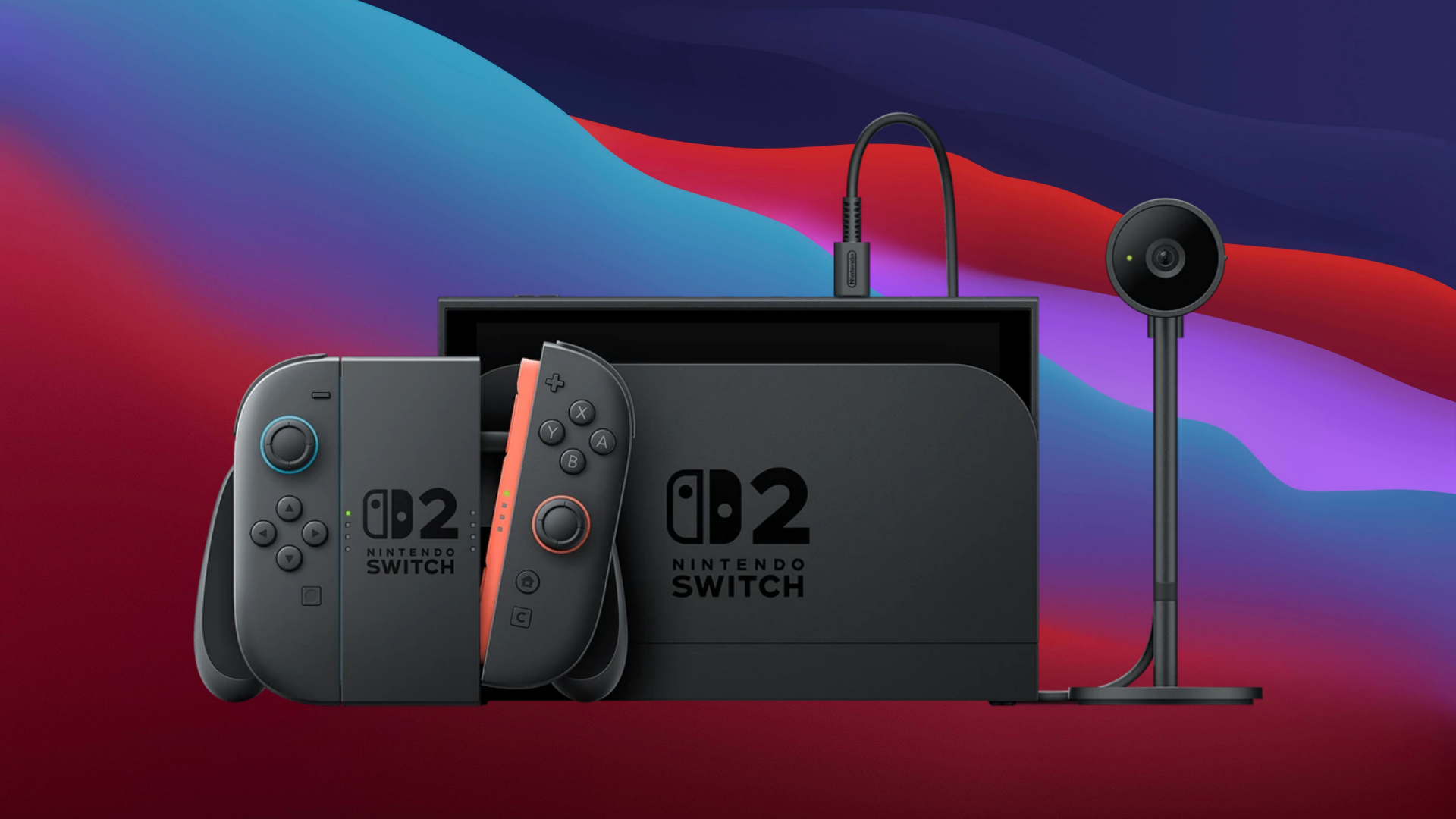
Controllers and Build
Joy-Con 2 vs DualSense:
The Switch 2’s Joy-Con 2 weighs 78g each, features hall effect joysticks, reduced wobble, and textured grips. The PS5’s DualSense weighs 281g, offering advanced haptics and adaptive triggers, but lacks modularity.
Device Construction:
The Switch 2 features a high quality plastic build (270mm x 166mm x 13.9mm), emphasizing a lightweight yet incredibly durable design, as it is primarily geared towards portability. The PS5, on the other hand, particularly the slim model, features a matte-plastic shell (358mm x 96mm x 216mm), yet it boasts incredible heat dissipation and runs silently.
Technical Specifications
| Component | Nintendo Switch 2 | PlayStation 5 |
| CPU | 8-core ARM Cortex A78C (1.7GHz max) | AMD Zen 2 (8-core, 3.5GHz) |
| GPU | Ampere (3.09 TFLOPS docked) | RDNA 2 (10.28 TFLOPS) |
| RAM | 12GB LPDDR5 (9GB available for games) | 16GB GDDR6 (13.5GB available for games) |
| Storage | 256GB + microSD Express | 825GB PCIe 4.0 SSD / Expandable further |
| Battery Size | 5220mAh | N/A (AC-powered) |
| Battery Life | 2–6.5 hours | N/A |
| Video Output (Docked) | 4K/60Hz, 1440p/120Hz | 4K/120Hz, 8K/60Hz (future update) |
| Screen Size/Type | 7.9-inch LCD (1080p/120Hz) | N/A |
| Max Framerate | 120Hz (handheld/docked) | 120Hz |
| HDR/VRR Support | HDR10, VRR (Unavailable on docked) | HDR10, VRR |
| Weight | 534g (with Joy-Cons) | 3.9kg (Digital) / 4.5kg (Disc) |
| Dimensions | 270mm x 166mm x 13.9mm | 358mm x 96mm x 216mm |
Performance Benchmarks
Note: These results are compiled from publicly available data.
- Cyberpunk 2077: Switch 2 runs at 1080p/30fps (Quality mode) via DLSS, while the PS5 achieves native 1440p/30fps with ray tracing.
- Metroid Prime 4: Switch 2 offers 4K/60fps or 1080p/120fps modes, whereas PS5 exclusives like Demon’s Souls render at native 4K/30fps (cinematic) or dynamic 1440p/60fps (performance mode).
While this comparison is not technically apples to apples, rather than comparing two gaming consoles with diverse use cases, it’s impressive how rapidly portable devices are progressing in terms of computing power.
Overall Impressions
It’s apparent, in terms of pure horsepower and the best-looking image, the PS5 is the clear winner over here. However, the Switch 2 disrupts portable gaming with its Nvidia-based chip, offering performance that nearly matches that of an Xbox Series S. That said, if you want exclusive access to franchises like Mario Kart World, the asking price of $449.99 is a hefty premium just for that. In return, you get hybrid capabilities, average battery life, and Ray Tracing. Ultimately, choose the option that suits your budget and gaming requirements.
We provide the latest news and “How To’s” for Tech content. Meanwhile, you can check out the following articles related to PC GPUs, CPU and GPU comparisons, mobile phones, and more:
- 5 Best Air Coolers for CPUs in 2025
- ASUS TUF Gaming F16 Release Date, Specifications, Price, and More
- iPhone 16e vs iPhone SE (3rd Gen): Which One To Buy in 2025?
- Powerbeats Pro 2 vs AirPods Pro 2: Which One To Get in 2025
- RTX 5070 Ti vs. RTX 4070 Super: Specs, Price and More Compared
- Windows 11: How To Disable Lock Screen Widgets
 Reddit
Reddit
 Email
Email
